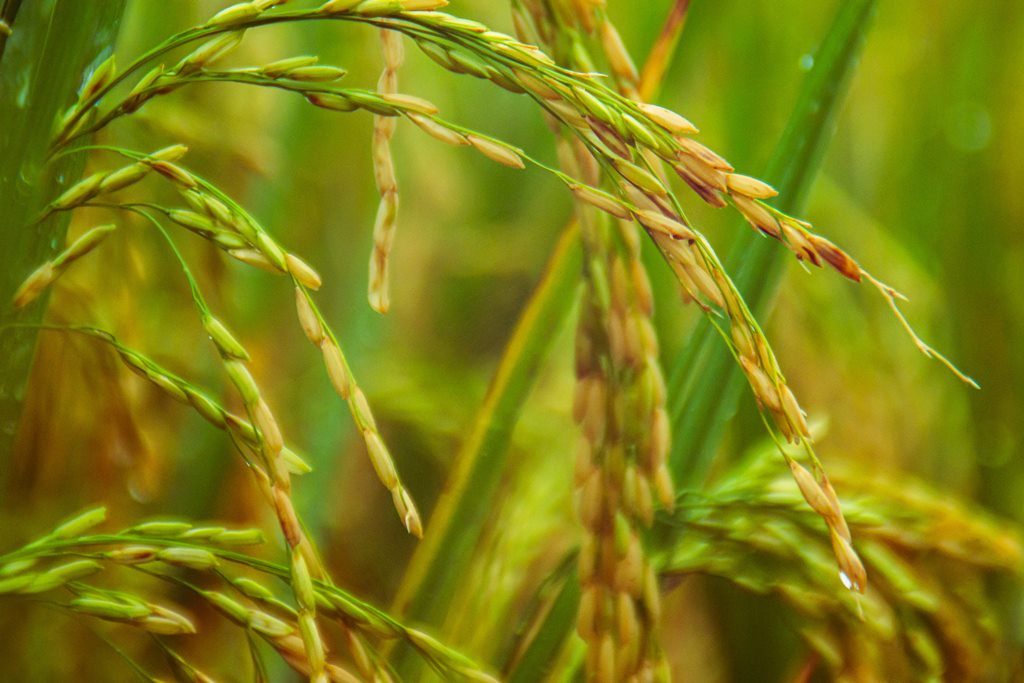Federal officials said they withdrew plans for new regulation of genetically engineered (GE) crops on U.S. wildlife refuges due to the outcry by numerous stakeholders, including the Biotechnology Innovation Organization (BIO).
The U.S. Fish and Wildlife Service (FWS) acknowledged the impact of public comments in their Dec. 19 announcement that they would not institute a proposal to change the Biological Integrity, Diversity and Environmental Health (BIDEH) policy regulating federal wildlife refuges.
“The Service has determined that withdrawing the proposal is justified based on the significant number of public comments received, the complexity of the substantive comments received and the issues involved, as well as the requests from the public for further opportunities to review and engage with the Service on the substance of this proposal. With this action, the existing BIDEH policy remains in effect,” said FWS.
The new regulations would have impacted agricultural practices in wildlife refuges, including growth of GE crops and pesticide use.
“BIO supports the U.S. Fish and Wildlife Service’s decision to withdraw the proposed rule and ensure that refuge managers can continue to use the best available science to manage and restore refuge lands effectively,” said a statement from BIO.
The rules had also been opposed by members of Congress, including Rep. Glenn Grothman (R-WI), who developed legislation to undo the proposed regulations. BIO supported Grothman’s legislation, known as the BIOSAFE Act.
BIO: GE crop safety is well-established
BIO had responded to the FWS request for comments with a May 6 letter opposing the proposed regulation. BIO’s letter explained that the safety of GE crops had been well-established for years. BIO provided a detailed description of the benefits of GE crops, including:
- Increased use of conservation tillage, reduction in soil erosion, and improved water quality.
- More effective weed control.
- Significant reduction in the application of insecticides and increased use of integrated pest management.
- Increased farmer income and worker safety.
- Increased insect biodiversity in and around fields.
- Increased food and feed safety due to reduced presence of fungal toxins.
In their reaction to the FWS dropping the proposed rule, BIO praised the science-based decision.
“We commend the FWS for recognizing the importance of aligning with the established scientific consensus and the regulatory decisions of expert agencies such as the U.S. Department of Agriculture, Food and Drug Administration, and Environmental Protection Agency,” BIO said in December. “GE crops have been widely grown and studied for nearly three decades, demonstrating their safety and environmental benefits.”




